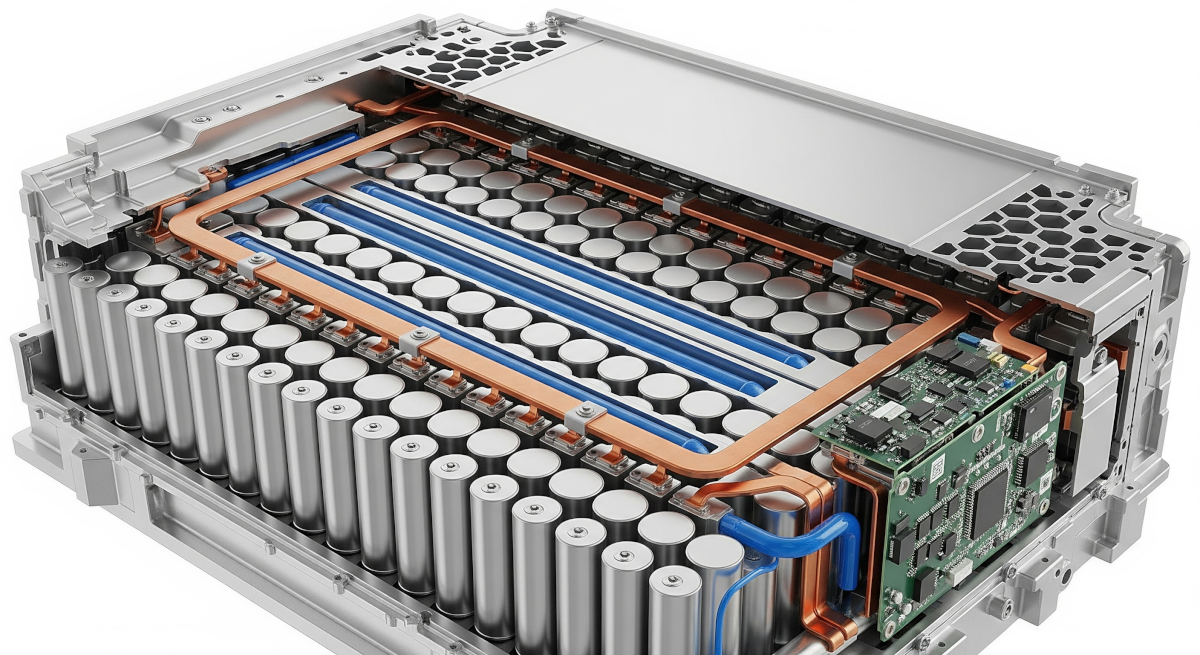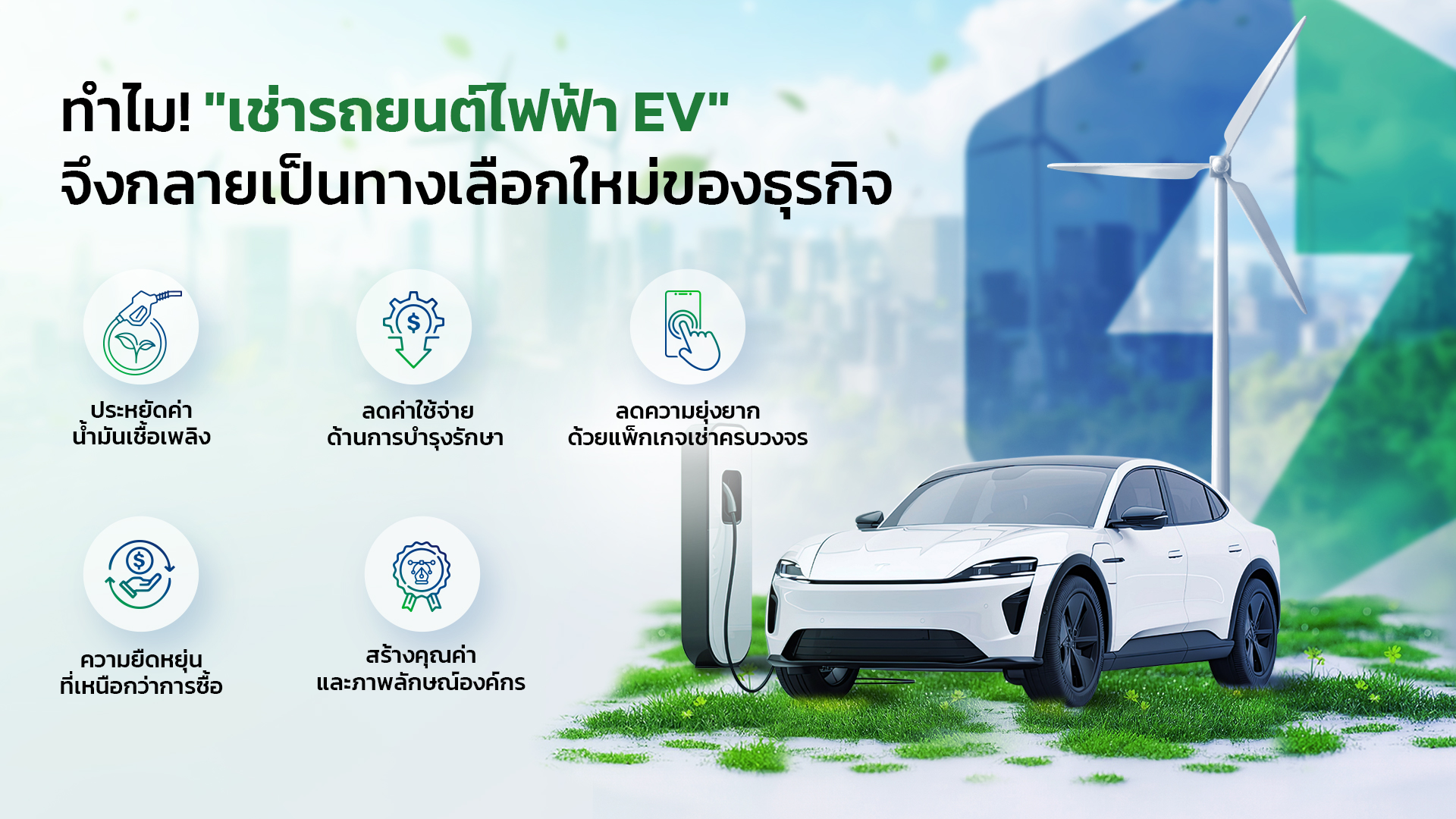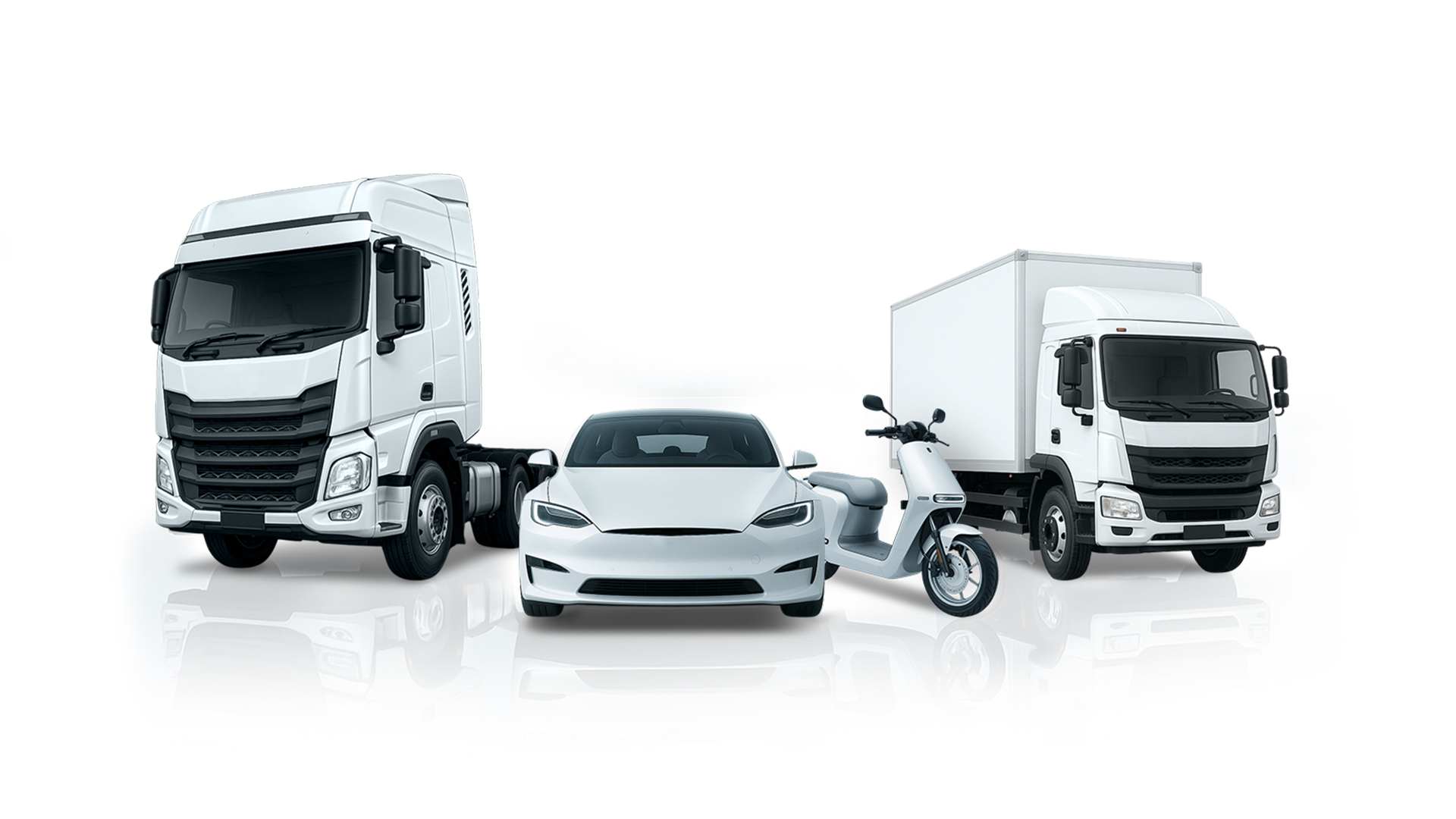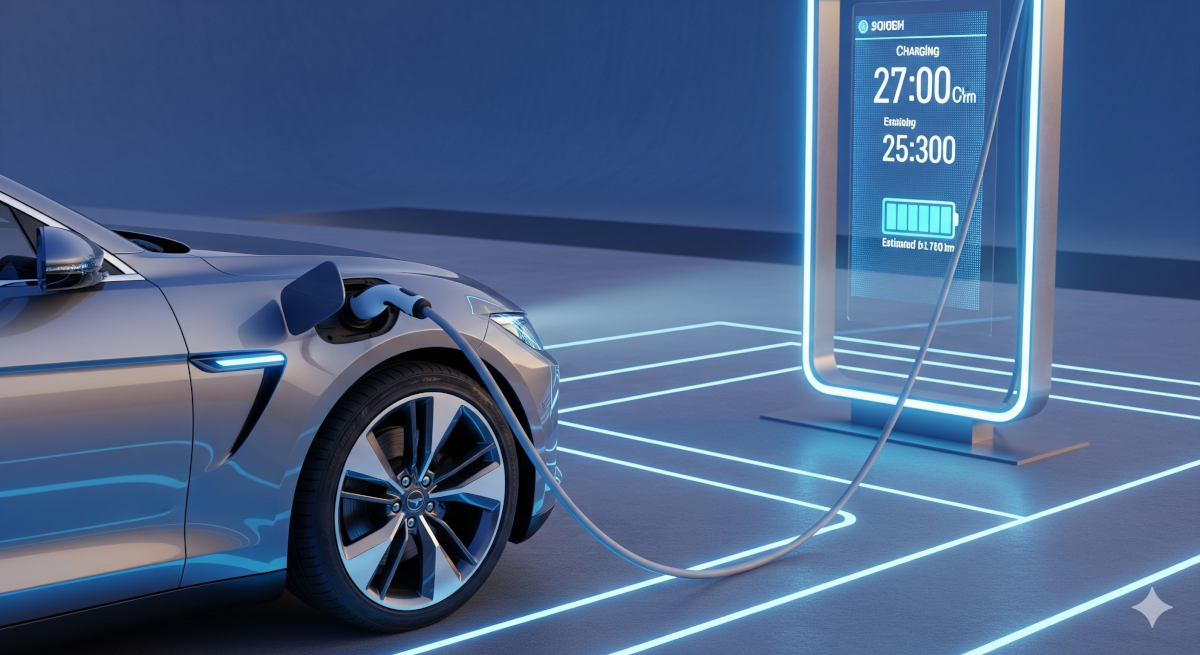Understanding Electric Vehicle Batteries: The Heart of the Car
While the sleek design and silent ride of an electric vehicle (EV) are what often catch our eye, the true heart of the car is its battery pack. This is the most crucial and complex component of an EV, and understanding it is key to appreciating the technology behind these modern machines. Unlike the simple battery in a gasoline car, an EV battery is a sophisticated system that stores the energy needed to power the motor and all the car's electronics.
The most common type of battery used in EVs today is the lithium-ion battery. These are the same type of batteries found in our smartphones and laptops, but on a much larger scale. They are chosen for their high energy density, which means they can store a large amount of power in a relatively small space. This is what allows EVs to achieve impressive driving ranges.
One of the primary concerns for potential EV buyers is battery degradation, which is the natural loss of a battery's capacity over time. However, manufacturers have made significant advancements to minimize this issue. Most modern EV batteries are designed to last for a long time, with many coming with warranties that cover them for 8 to 10 years, or up to 100,000 miles. Additionally, advancements in battery management systems (BMS) help to optimize charging and discharging cycles, further extending the battery's lifespan.
The future of EV batteries is constantly evolving. Researchers are working on new battery technologies that could offer even higher energy density, faster charging times, and lower costs. These innovations promise to make EVs more accessible and efficient,






